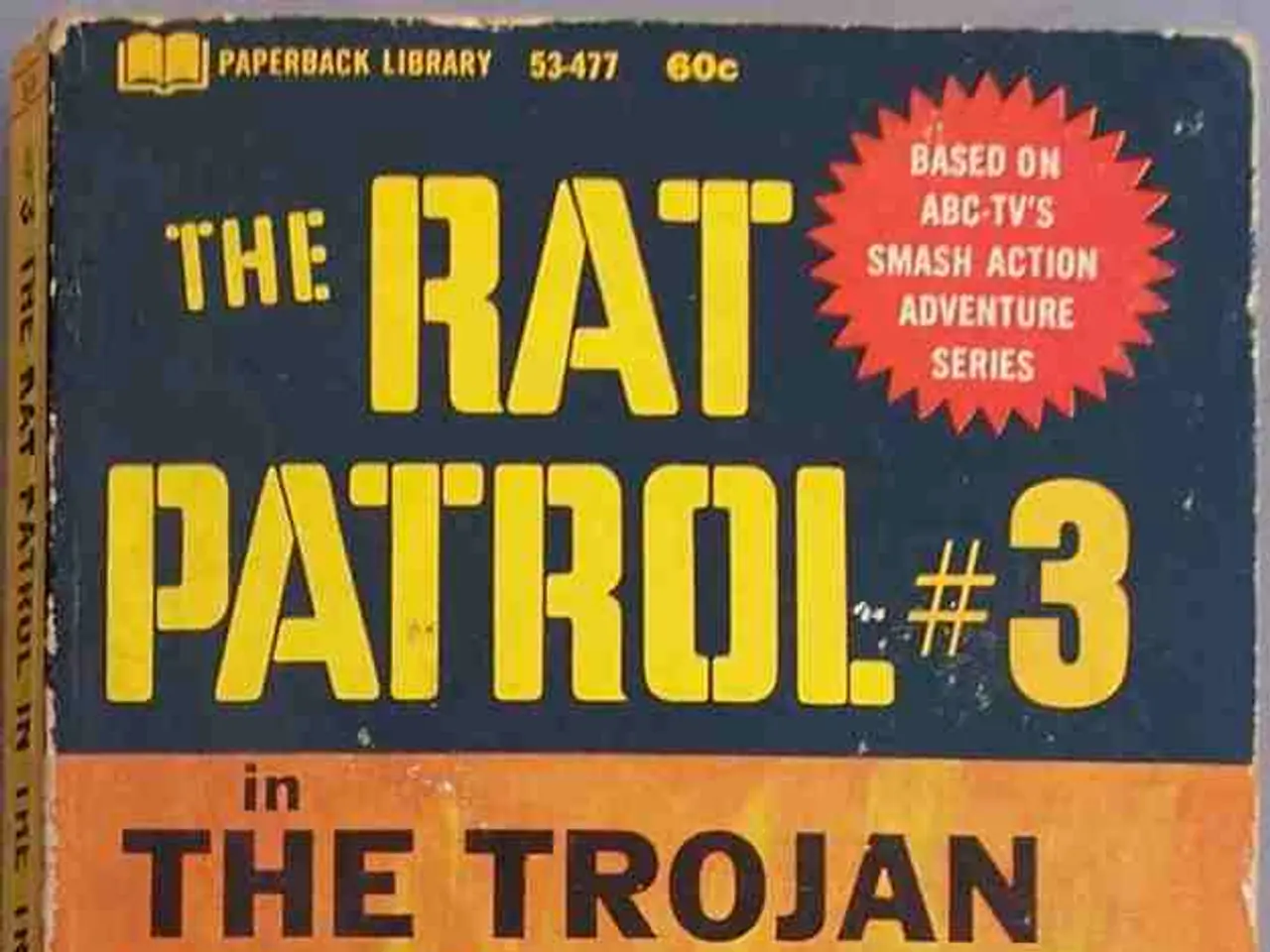Multiple nations seek military deployment in Ukraine
In a significant development, thirty-five heads of state and government have gathered to discuss political and military pledges for Ukraine's security. The potential deployment of troops in the event of renewed Russian aggression is on the table.
While the specific countries, numbers of soldiers, and participation methods have not been specified, it is clear that the main burden of a deployment will be carried by the European NATO members. France and Britain have declared their readiness to deploy some thousand soldiers.
Twenty-six Western nations have agreed in principle to potentially deploy troops to secure a ceasefire or peace between Russia and Ukraine. The countries have agreed to deploy ground troops, forces in the air, or at sea for support.
Twenty-six countries have officially committed to contributing troops, aircraft, or naval forces to strengthen security guarantees for Ukraine. However, specific details about the number of soldiers each country will provide have not been disclosed publicly. Germany, for instance, has not yet committed troops, focusing instead on funding, arming, and training Ukrainian forces.
Russia, on the other hand, has shown no signs of backing down. President Vladimir Putin has stated that Russia is prepared to continue the war if no agreement satisfactory to Moscow is reached.
Not all countries have agreed to deploy troops. Greece, Slovakia, Italy, Cyprus, Poland, Austria, Romania, Slovenia, Croatia, and Hungary have declined deploying troops but expressed readiness to support future peace in Ukraine through other means. The Netherlands have stated they can provide assistance in the air, at sea, and on land. Sweden has offered to secure peace in Ukraine through airspace surveillance and from the sea.
The force will be deployed within a ceasefire, not on the front line, in areas yet to be determined. The force to be deployed will not have the intention to wage wars against Russia, but to secure peace and send a strategic signal.
The United States, under President Donald Trump, has been informed about the Paris meeting, but concrete promises from Washington are still pending. Spain and Portugal hinted at potential participation in a peace mission months ago.
NATO Secretary-General Mark Rutte has defended ongoing plans for European troops in Ukraine following a potential ceasefire with Russia, stating that Moscow's rejection of such a troop presence is irrelevant. Russia, however, rejects Western considerations for security guarantees, including the deployment of troops from NATO countries in Ukraine.
Strengthening the Ukrainian army after the end of the war is considered a key element of security guarantees for the country. The Europeans have made it clear that a deployment will not happen without a guarantee from the USA. Lithuania is cautious about deployment, while Denmark, Estonia, and Lithuania have already given their pledges for deployment.
As the situation evolves, it remains to be seen how these commitments will translate into action and what impact they will have on the ongoing conflict in Ukraine.
Read also:
- Voting location now active for citizens to cast their ballots.
- Federal clash in California: two legal cases could potentially align, as a notice is published in the Federal Register
- "Local Democrats in the Bronx offering support for Zohran"
- Federalist Society Deserves Gratitude from Trump for Judicial Appointments








